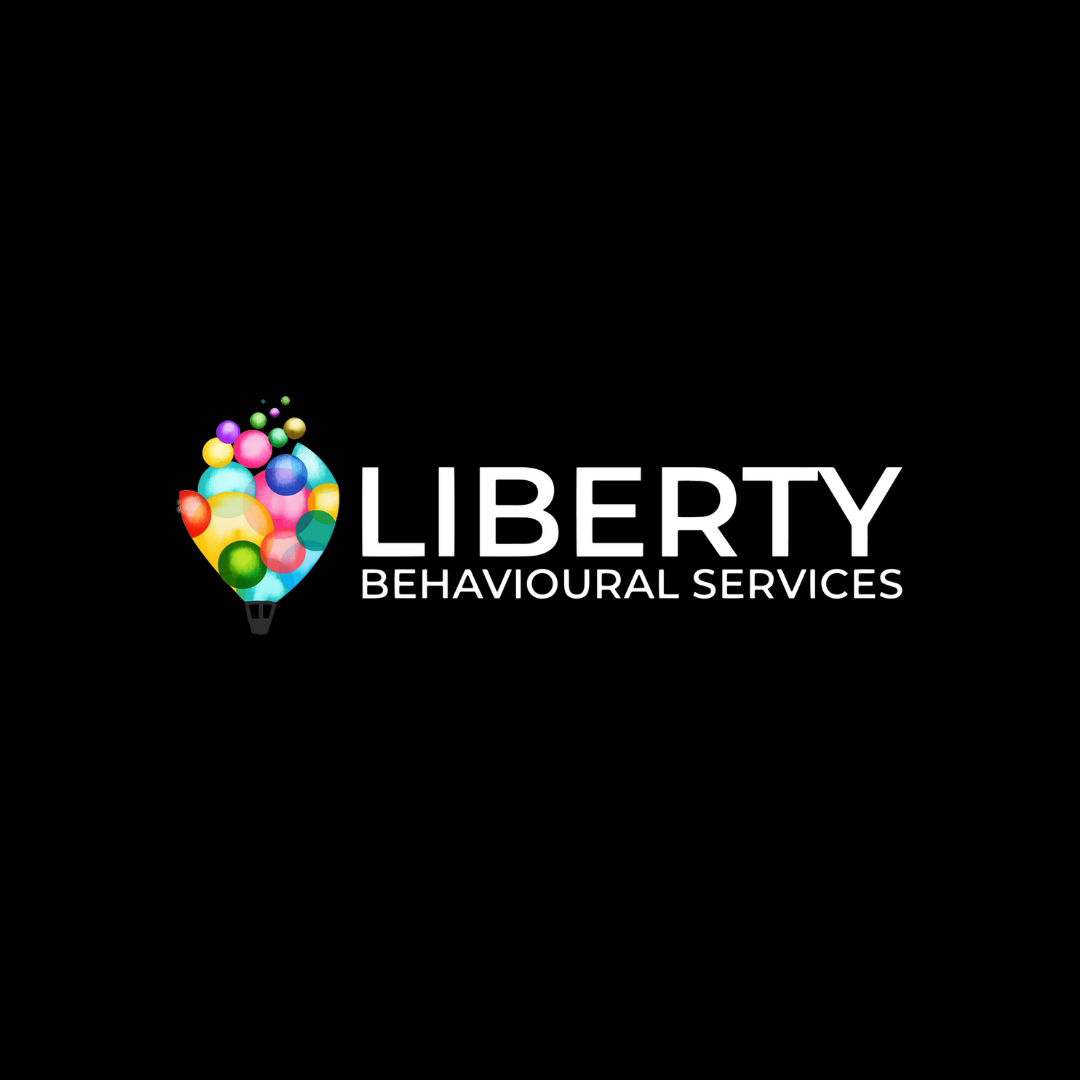Liberty Behavioural Services

Strong 8k brings an ultra-HD IPTV experience to your living room and your pocket.
The Role of a Positive Behaviour Support Practitioner: Promoting Meaningful Change
A Positive Behaviour Support (PBS) Practitioner plays a crucial role in transforming the lives of individuals who exhibit challenging behaviours, especially those with learning disabilities, autism, or mental health conditions. Grounded in evidence-based practices and underpinned by human rights principles, PBS is a person-centred approach that prioritizes quality of life while reducing behaviours that challenge. At the heart of this approach lies the PBS Practitioner, whose expertise and interventions can lead to lasting, positive changes not only for the individual but also for their families, caregivers, and support networks.
What Is Positive Behaviour Support?
Positive Behaviour Support is a holistic approach to understanding and addressing behaviour that challenges. Unlike traditional methods that may focus on controlling or punishing behaviours, PBS seeks to understand the root causes—what the behaviour communicates, why it occurs, and what purpose it serves for the individual. PBS practitioners use assessments and data to develop personalized, proactive support strategies that enhance an individual’s environment, relationships, and emotional wellbeing.
PBS is built on three key principles:
Understanding Behaviour: All behaviour has a purpose. PBS focuses on identifying the reasons behind challenging behaviour through functional behaviour assessments.
Person-Centred Planning: Support is tailored to the individual's unique needs, values, preferences, and goals.
Teaching New Skills: Replacing challenging behaviours with more appropriate, functional alternatives.
What Does a PBS Practitioner Do?
A PBS Practitioner is typically trained in psychology, education, social work, or a related field and possesses specialized training in behaviour analysis and person-centred planning. Their main responsibilities include:
Functional Behaviour Assessments (FBA): Conducting thorough assessments to understand why behaviours occur. This involves observing the individual, speaking with caregivers, and reviewing incident reports or historical data.
Developing Behaviour Support Plans (BSPs): Creating evidence-based plans that detail proactive strategies, skill-teaching interventions, and crisis response procedures tailored to the individual.
Training and Supporting Staff: Equipping support staff, families, and educators with the knowledge and tools needed to consistently implement the plan across different environments.
Monitoring and Reviewing Outcomes: Regularly evaluating the effectiveness of interventions, using data to refine support plans and celebrate progress.
Advocating for the Individual: Ensuring that the person's voice is heard and their rights respected. Practitioners often work within multidisciplinary teams to support the person's broader development and wellbeing.
Values and Ethics in Practice
The PBS approach is grounded in the principles of dignity, inclusion, and respect. A PBS Practitioner ensures that interventions are never punitive or aversive, and instead are empowering, constructive, and aimed at improving the individual’s quality of life.
For example, instead of punishing a child for shouting during a classroom activity, a PBS Practitioner might identify that the child is overwhelmed by noise and lacks a way to communicate distress. The intervention might involve teaching the child to use a card or device to signal discomfort, gradually building their coping skills in a supportive way.
PBS Practitioners also work within strict ethical boundaries, ensuring informed consent, safeguarding confidentiality, and promoting the least restrictive interventions possible. They help others move away from restrictive practices such as seclusion or restraint, advocating instead for compassionate, skill-building alternatives.
Impact of PBS on Individuals and Systems
The impact of Positive Behaviour Support Practitioners extends well beyond the individuals they support. Families, educators, health professionals, and service providers benefit from increased confidence, reduced stress, and improved relationships when they understand and support behaviour in constructive ways.
Some key outcomes include:
Reduction in incidents of challenging behaviour
Increased engagement in meaningful activities
Improved emotional regulation and communication skills
Enhanced family and staff satisfaction
Fewer hospital admissions or placements in restrictive settings
For example, in care settings where a PBS Practitioner has implemented a consistent, well-monitored support plan, staff often report feeling more capable and less anxious. Families note that their loved one is more settled, independent, and happier.
The Need for Skilled Practitioners
As awareness of PBS grows, so too does the demand for trained, competent practitioners. The UK’s PBS Academy, for instance, provides frameworks to ensure PBS is implemented effectively and ethically. A PBS Practitioner must stay up to date with emerging research, attend ongoing training, and receive clinical supervision.
In some regions, becoming a Board Certified Behaviour Analyst (BCBA) or completing postgraduate training in PBS is required. In others, PBS is integrated into broader education or healthcare roles. Regardless of title, the key factor is that the practitioner has the right knowledge, values, and competencies to implement PBS in a meaningful and respectful way.
Challenges Faced by PBS Practitioners
Despite its benefits, PBS is not without challenges. Practitioners often face resistance from systems rooted in outdated behavioural models or under pressure from staff shortages and limited resources. Implementing PBS effectively takes time, consistency, and collaboration—factors that can be difficult in crisis-driven environments.
Another challenge lies in maintaining fidelity to PBS principles. Without proper training and oversight, there’s a risk of superficial or poorly implemented plans that do not lead to real improvements. This is why continued professional development and organizational support are vital.
Looking Ahead: The Future of PBS
The role of the Positive Behaviour Support Practitioner will become increasingly central as society moves toward more inclusive, person-led services. Innovations in technology, such as data-driven apps for tracking behaviours and progress, as well as virtual training for caregivers, will support more scalable and efficient PBS interventions.
Inclusion is also key to future development. There is a growing movement to include individuals with lived experience—those who have received PBS support themselves—in training, service design, and advocacy.
Conclusion
The Positive Behaviour Support Practitioner is a change agent—someone who facilitates understanding, reduces harm, and builds capacity across systems. Their work is as much about compassion and empathy as it is about science and data. By helping individuals thrive, rather than merely "manage" behaviour, PBS Practitioners play a vital role in creating more inclusive, respectful, and effective support environments.
Whether working in schools, care homes, hospitals, or communities, PBS Practitioners ensure that behaviour is not simply "managed," but understood—leading to support strategies that respect the individual, promote growth, and ultimately transform lives.
Get in touch at 1800 001 345 or via email at [email protected]. Visit our location at 585 Little Collins St Melbourne VIC 3000, Australia
You can view our Social Media on Facebook, Instagram, and LinkedIn.
Note: IndiBlogHub features both user-submitted and editorial content. We do not verify third-party contributions. Read our Disclaimer and Privacy Policyfor details.


